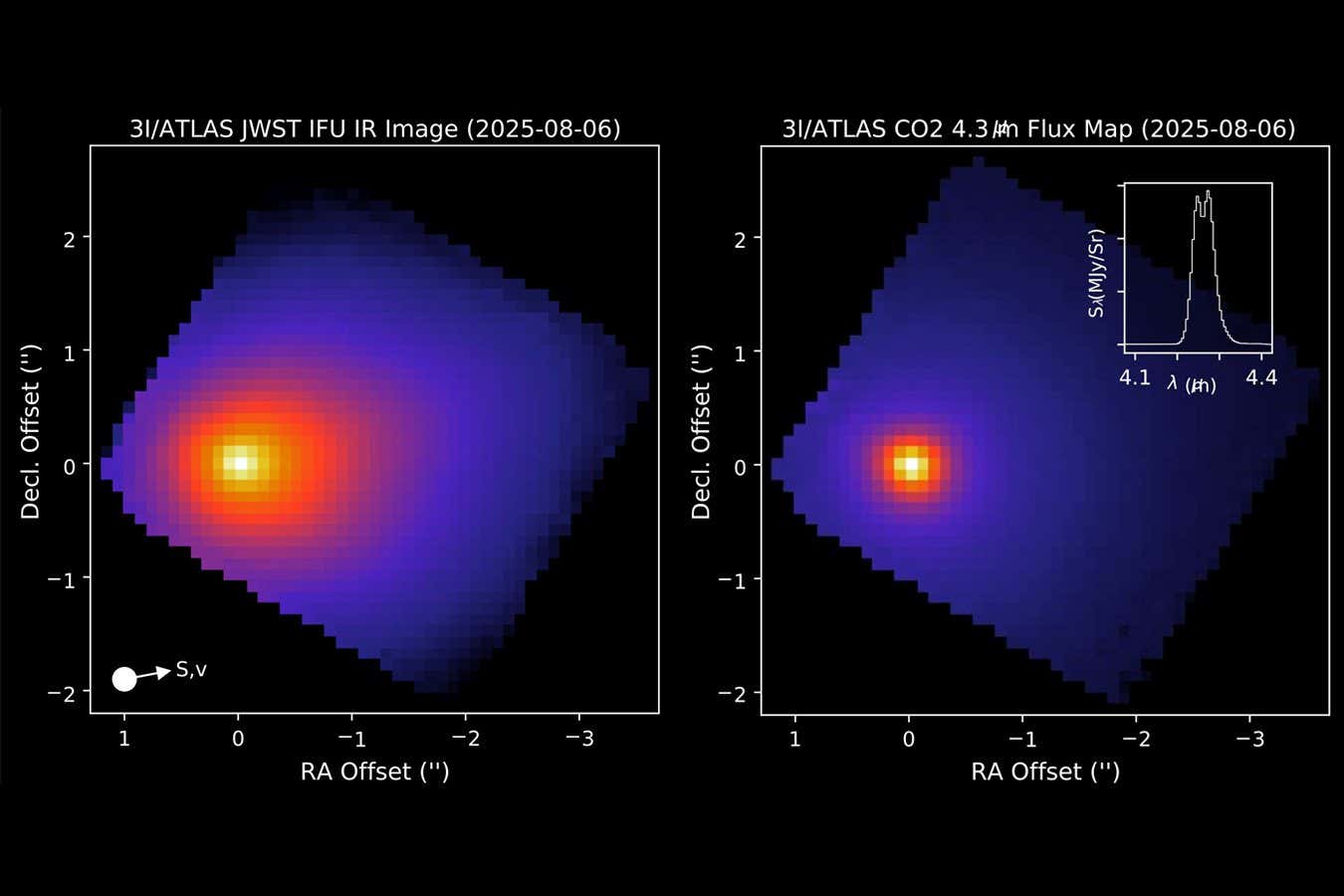Now Reading: Can Cancer Be Negotiated? A Revolutionary Approach Explained
-
01
Can Cancer Be Negotiated? A Revolutionary Approach Explained
Can Cancer Be Negotiated? A Revolutionary Approach Explained

Quick Summary
- Researchers, including Ling He’s team at UCLA, are exploring a paradigm shift in cancer treatment by “reprogramming” cells, rather than destroying them.
- Glioblastoma cells were coaxed into behaving as benign neurons and immune microglia using cAMP signals and forskolin. Mice treated with this approach showed significant survival improvements.
- Historical findings suggest cancers can be influenced to regress or behave benignly through environmental cues or differentiation therapies.
- Differentiation therapy for acute promyelocytic leukemia (APL) based on retinoic acid has proven highly successful and transformed APL into a treatable condition.
- New strategies focus on understanding cellular plasticity-how cancer cells respond to environmental change-as opposed to simply targeting their genetic mutations.
- Computational models like cSTAR simulate cell dynamics to identify therapy combinations that push malignant cells into benign states and predict resistance pathways.
Indian Opinion Analysis
India can draw inspiration from such groundbreaking approaches in oncology research as the nation grapples with high cancer-related mortality rates. this pursuit of “negotiating” with cancer points toward innovation that aligns well with current global trends emphasizing holistic care and precision medicine. Leveraging computational models could aid Indian researchers in tailoring therapies suited to the genetic diversity within its population.
Additionally, stronger collaborations between academic institutions globally might enable India to adopt fast-tracked technologies like differentiation therapies using affordable compounds such as forskolin-significant given healthcare challenges faced by economically disadvantaged communities. While clinical translation remains difficult due to proprietary hurdles around non-patentable drugs, public-sector investment could help bridge gaps.As India ramps up efforts under schemes like Ayushman Bharat for affordable healthcare delivery, understanding epigenetics alongside conventional chemotherapies may redefine oncological outcomes over time. Integrating multidisciplinary perspectives spanning biology, mathematics (dynamic systems), and computational modeling would enrich India’s growing role in cutting-edge medical research.
























